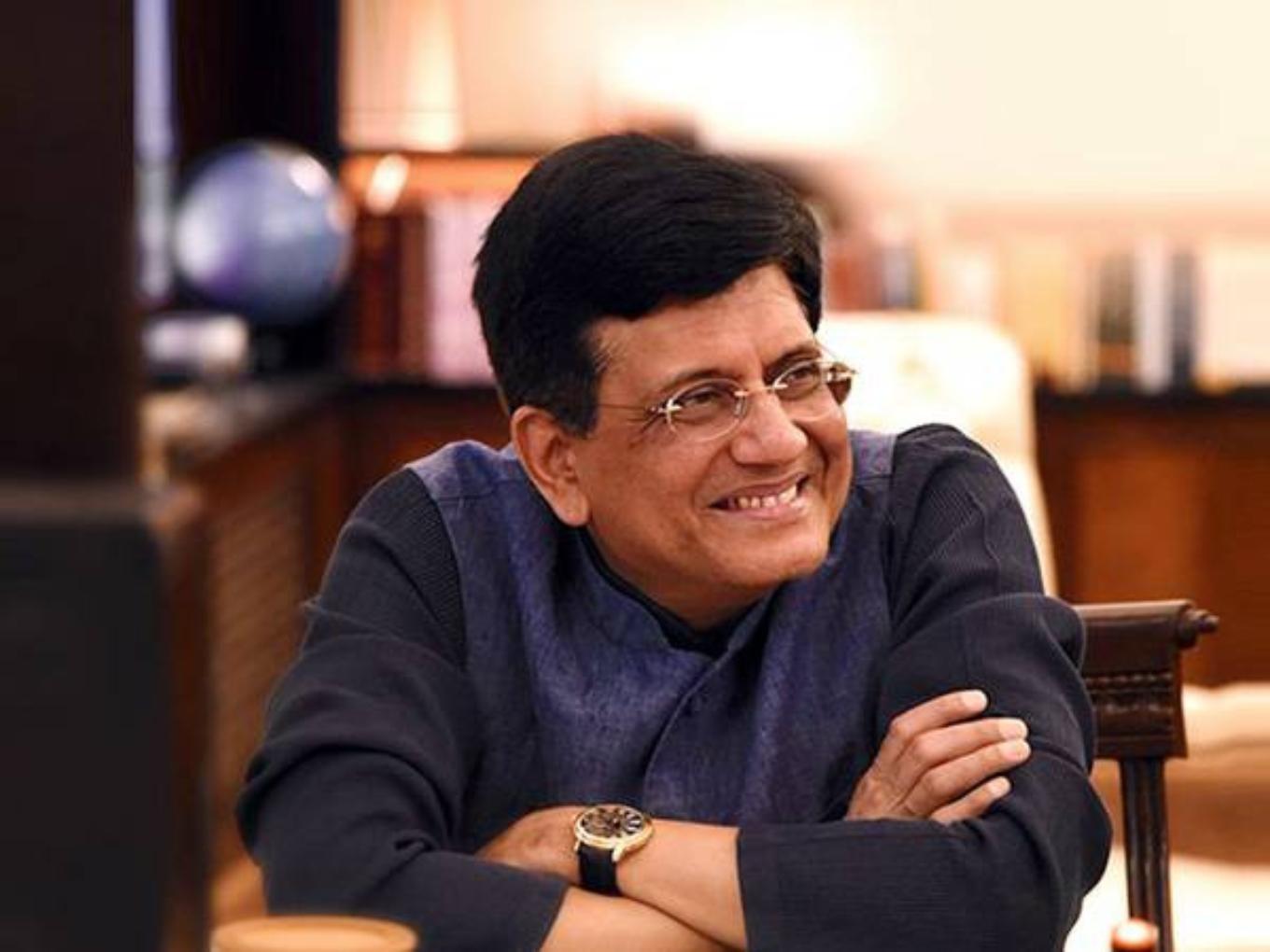
Years after it came out with the national ecommerce policy, the Centre has restarted discussions on the policy amid rapid growth in the sector.
Commerce and industry minister Piyush Goyal said that the proposed national ecommerce and retail trade policies are under discussions as both the sectors are linked to each other, according to a PTI report.
Goyal said that the ecommerce sector is an evolving and fast-changing subject. “We did come out with certain ideas, but I think we will have to revise the policy to make it more contemporary, and it is under discussion.”
It is pertinent to note that the ecommerce sector has seen a rapid change since the Centre released the draft ecommerce policy in 2019. Besides the increase in penetration of ecommerce, the advent of quick commerce has disrupted the sector.
Draft Ecommerce Policy & The Opposition
The 2019 draft national ecommerce policy aimed to address six key areas, including data governance, infrastructure development, ecommerce, emarketplaces, regulatory concerns, boosting the domestic digital economy and promoting exports via ecommerce.
After releasing the draft, the government sought feedback from various stakeholders, including industry players, trade bodies and consumers. This led to widespread debate and criticism, driven by lack of clarity and conflicting priorities.
The Confederation of All India Traders (CAIT), which represents millions of small traders and retailers, strongly opposed the 2019 draft. Its primary concern was the provision allowing up to 49% foreign investment in ecommerce marketplaces, which it felt ignored the interests of domestic traders.
CAIT also criticised the draft for lacking strong enforcement mechanisms to curb practices such as predatory pricing, deep discounting, and exclusive tie-ups by ecommerce platforms.
The traders’ body urged the Competition Commission of India (CCI) to suspend the operations of Amazon and Flipkart, alleging violations of the FDI policy.
In 2021, CAIT also wrote to Goyal demanding a ban on Amazon after a CCI ruling against the company.
It’s worth noting that CCI, after its probe, flagged Amazon and Flipkart for violating competition laws through exclusive seller arrangements, deep discounts, and predatory pricing.
The Ecommerce Boom
As per brokerage firm Morgan Stanley, ecommerce market will grow at a 30% compound annual growth rate for gross merchandise value to be worth $200 Bn by 2026. This surge is fueled by rising internet penetration, digital payments, and a dramatic increase in online shoppers from tier II, III cities and rural regions.
Another factor propelling this growth is the rise of quick commerce in India.
Another Morgan Stanley report also suggests that the Indian quick commerce sector is also projected to reach a total addressable market (TAM) of $57 Bn by 2030, from a previous estimate of $42 Bn, led by faster-than-expected growth in user adoption and expansion beyond major metropolitan areas.
The rapid expansion of major players like Eternal’s Blinkit, Swiggy’s Instamart, Zepto and Flipkart Minutes, has also added to this growth.
This growth in the ecommerce segment has also led to concerns about counterfeit goods, misleading advertisements, unfair trade practices, and data privacy breaches.
As a result, the new policy will aim to protect consumers, ensure fair competition, strengthen data security, and provide a clear regulatory framework for both domestic and global players.
The post Centre To Reinitiate Discussions On National Ecommerce Policy appeared first on Inc42 Media.

